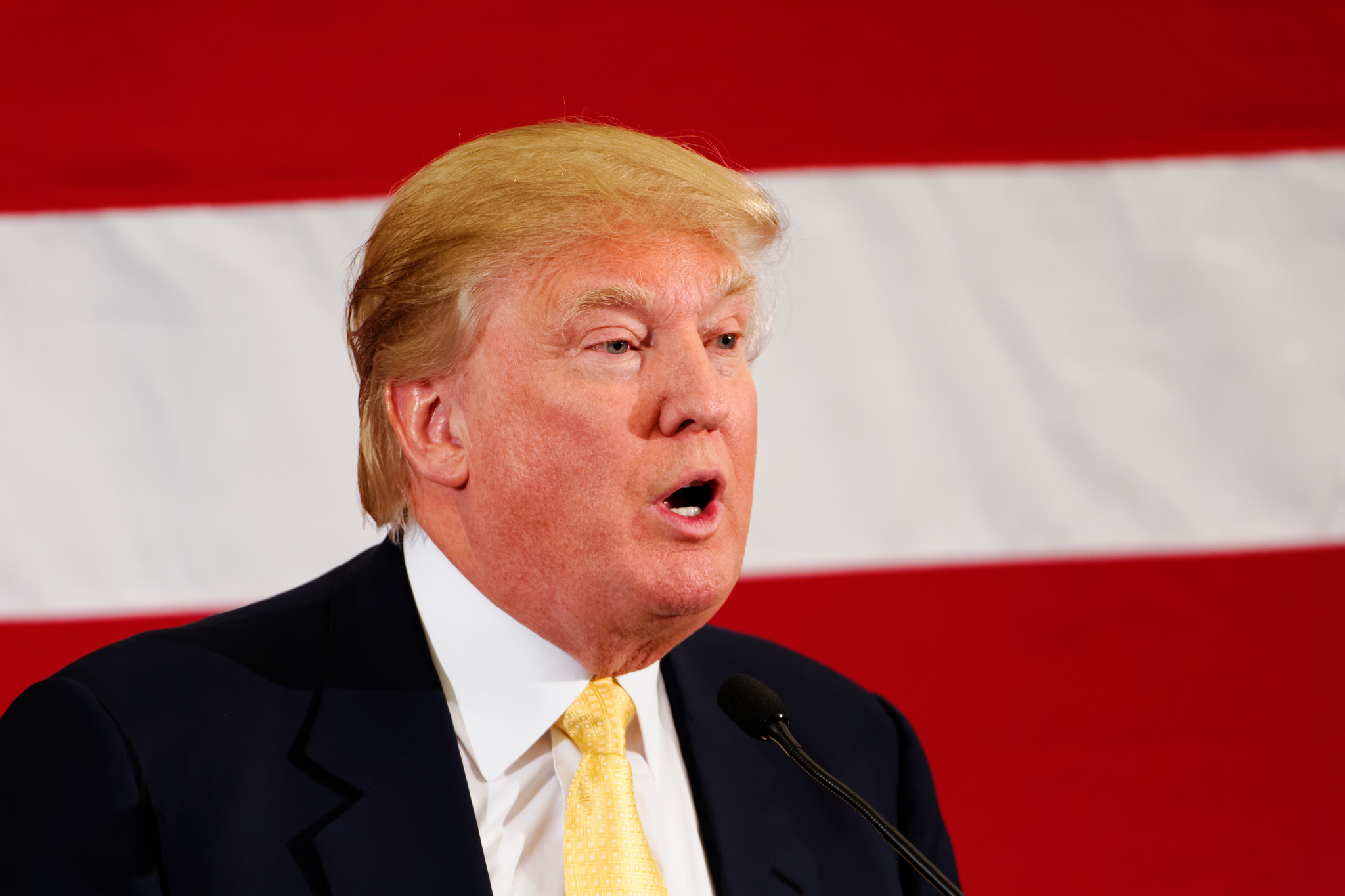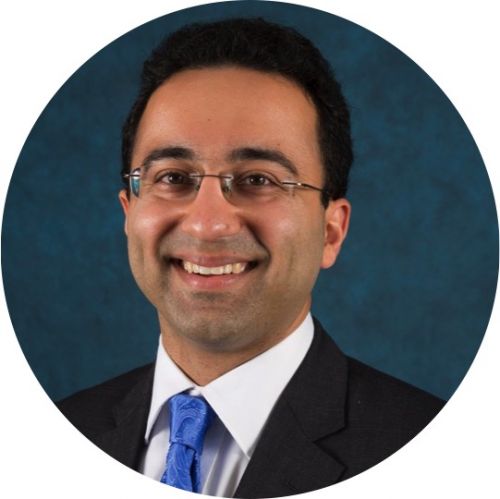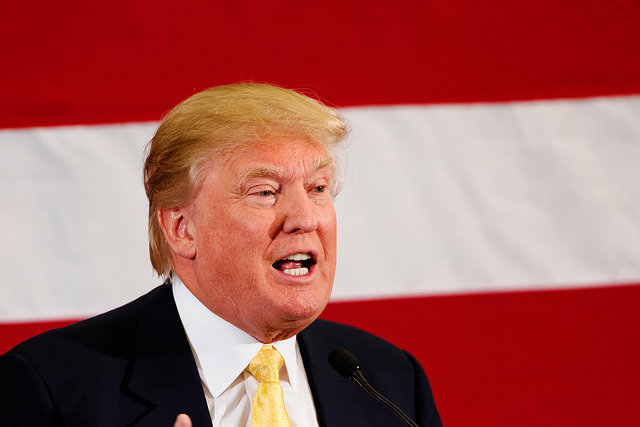
There are two ways for those of us who supported Hillary Clinton’s campaign to react to Donald Trump’s victory: we can scream to high heaven, steeping ourselves in a toxic brew of anger and despair; or we can attempt to understand why he won and consider what we might have done differently.
During his first campaign for the presidency, Barack Obama generated momentum by appealing to an expansive conception of optimism. In his 2006 book The Audacity of Hope, he explained that he served as “a blank screen on which people of vastly different political stripes project their own views.” During his own campaign, Donald Trump gained traction by tapping into an equally capacious sense of grievance. Some of those who voted for him expressed support for particular proposals of his, whether to build a wall along the U.S-Mexico border or impose a steep tax on Chinese imports. Ultimately, though, his narrative resonated with certain segments of society who believe they have long gone unheard and unseen. After attending several of Trump’s rallies, the eminent writer George Saunders concluded that his “important constituency [was] the persuadable middle segment of his supporters,” who are “stricken by a sense that things are not as they should be and that, finally, someone sees it their way.”
We too often portrayed Trump’s supporters as an ignorant and provincial monolith, unworthy of consideration, let alone engagement; why dignify individuals whose judgments we have preemptively judged to be irrational? His victory is a painful punishment for our insularity—one that is likely to have serious consequences for America’s economy, its place within the postwar order, and the appeal of its values around the world.
Two proposals are likely to emerge amid the deluge of postmortems that Hillary Clinton’s supporters write in the coming days. Some might suggest that we double down in ignoring Trump’s voters, since they constitute a declining share of the electorate; maybe, the reasoning goes, his victory amounts to little more than their last rallying cry. And others might advise us to “educate” them; if only they knew better, the arguments runs, they would see the error of their ways.
Perhaps, though, we should just listen to them, without claiming a monopoly on insight or righteousness. We need not condition such conversations on the acceptance of their judgments; sometimes, in fact, the most powerful outcome of a dialogue is simply to persuade its participants that one is possible.
The New Yorker recently profiled Matt Eich, who began photographing the residents of Athens County, Ohio in the immediate aftermath of the global financial crisis, when he was an undergraduate at Ohio University. The conclusion of the piece is a poignant reminder that communication is not simply an opportunity, but also, in America’s increasingly bitter political landscape, an imperative: “Matt began his project long before Trump started talking in a way that connected with Americans in places like Athens County. He simply saw a group of people who felt like the world had forgotten them, and hung around for years observing, and listening to what they had to say. It was a very basic act, but also, in its way, a radical one.”
It is an act we must undertake, humbly and urgently, if we wish to avert a repetition of last night’s outcome. The campaign to elect the next president of the United States has ended; the far more grueling campaign—to persuade Americans that they can yet transcend their political divides in the service of their nation—has only begun.

Photo via Michael Vadon, Flickr Creative Commons
